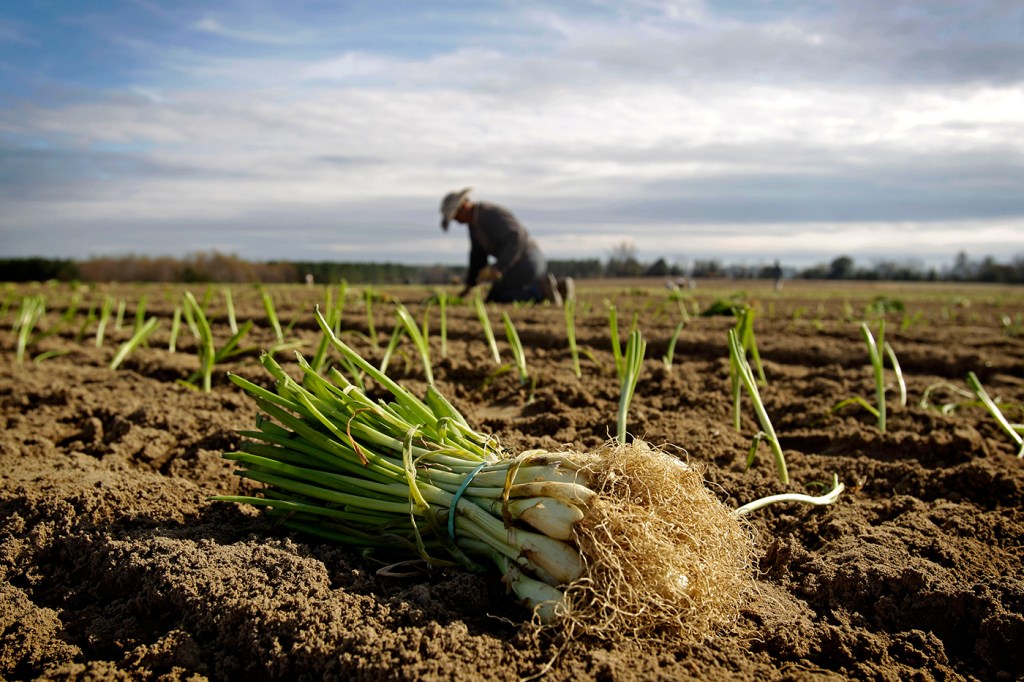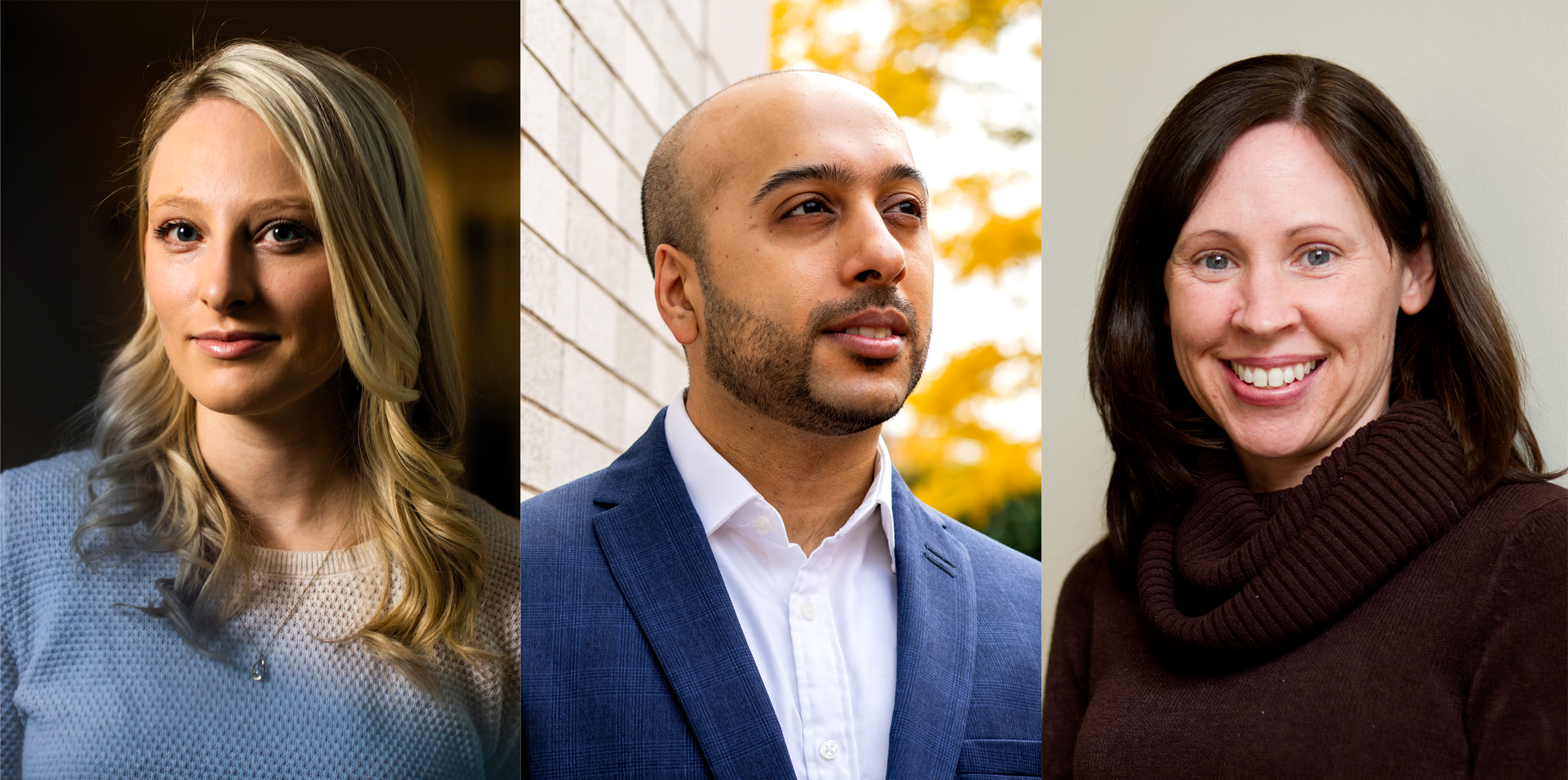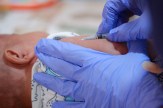Disrupting human trafficking in U.S. agriculture by focusing on the supply chain

Imagine, says Northeastern assistant professor Shawn Bhimani, the plight of a migrant worker who cannot find work.
“Come work for me,” a prospective employer says to the worker. “I’ll pay you $14 an hour.”
So begins an ugly cycle of exploitation. The worker is transported to a farm, where her actual salary is reduced to, say, $8 per hour. Then she learns that most or all of her salary is being seized by the employer to pay for her airfare as well as her rent. And she worries about complaining to law enforcement because her employer has confiscated her passport.
This is one of the many scenarios that three Northeastern professors will be researching as part of an investigation of human trafficking in U.S. agriculture. They intend to map and evaluate the human supply chains to determine the key areas of vulnerability, with the goal of engineering ways to disrupt those trafficking systems, over the course of a three-year study. They hope to create models of disruption that can be applied to other sectors of human trafficking, which is estimated to victimize more than 24 million people worldwide.
“There is a fallacy that trafficking is happening in some foreign place,” says Bhimani, a visiting assistant professor in the D’Amore-McKim School of Business. “It’s happening in our local areas, across our country, across the world. And we are all connected to it.”

Studies of human trafficking tend to focus on its products and services—including food, clothes, and sex. But the Northeastern researchers are taking a different approach by focusing on the human supply chain and those who are victimized by it.
“We’re kind of flipping it and looking at the other side,” says Kayse Maass, an assistant professor in the College of Engineering. “We’re saying, how did the human beings get from the point of wherever they’re originating to the point of exploitation? And how do we break the supply chain?”
Their research, funded by a $574,000 grant from the National Science Foundation to investigate human trafficking in American agriculture.
They are attacking the supply chain with an interdisciplinary approach. Amy Farrell, an associate professor in the School of Criminology and Criminal Justice, offers her expertise on on the justice system and criminal aspects of human trafficking.
“My research has focused on the limitations of the justice system in identifying and responding to labor trafficking in the United States,” Farrell says. “One of the things that’s really cool about this interdisciplinary partnership will help us identify interdiction points beyond the justice system.”
Bhimani will focus on supply-chain management. Maass will provide insight on networks and mathematical modeling.
The researchers are focusing on human trafficking in agriculture because it is a huge industry with a need for research and monitoring.
“Over the past 10 to 15 years, the U.S. has been prosecuting agricultural labor trafficking cases,” Maass says. “We have access to all those case files, and we’re trying to map out where did victims originate, what was their process of exploitation, and what eventually led to them leaving that exploitation.”
Additionally, the researchers are hoping to create more awareness for the needs and wishes of the victims—and that they should define the terms of their rescue.
“A lot of the narrative around human trafficking is about a kind of savior mentality, where we as bystanders say we should do something and we take charge,” Maass says. “That can be very harmful, because it’s not looking at what do survivors and victims need and acknowledging that they have agency in the process.”
Despite the limitations of their data-based research, the professors believe they can make a difference.
“If we improve a little portion of the system. we can still have a lot of impact,” Maass says. “It’s a big system, but there are opportunities for us to help inform some decisions, and identify where coordination or disruptions may be most effective.”
For media inquiries, please contact Shannon Nargi at s.nargi@northeastern.edu or 617-373-5718.






